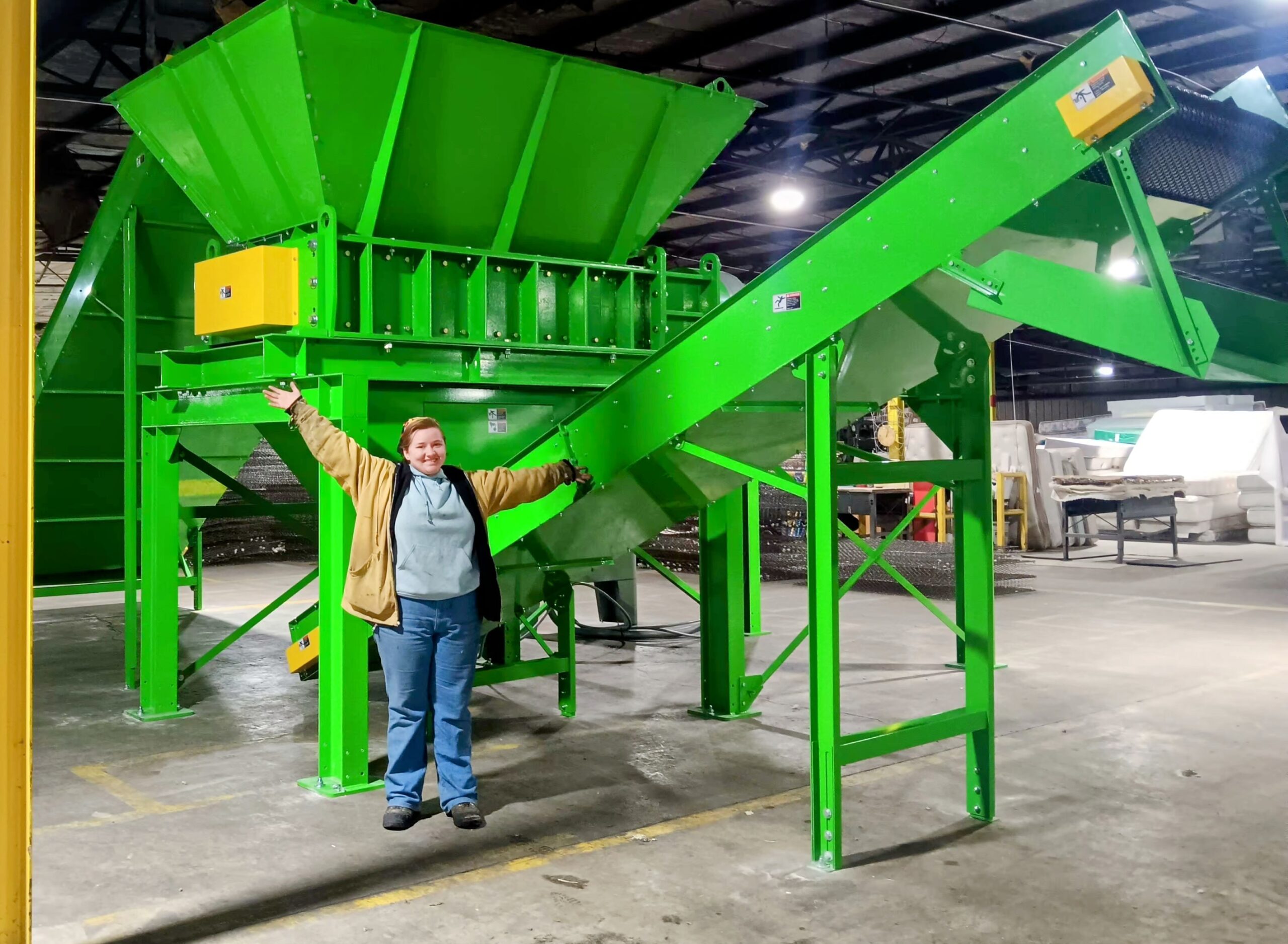Earth Month Sustainability Spotlight
Every April, we get to celebrate Earth Month, a time to reflect on our impact on the planet and celebrate the positive strides being made toward a more sustainable future! Amidst environmental challenges, there are numerous stories of progress that offer hope and motivation. Here are some exciting developments happening around the world that are making a difference!
5 Good Things Happening in the Environment
1. Festivals Worldwide Are Going Plastic-Free
Large-scale festivals and entertainment venues across the globe are eliminating single-use plastics. From reusable cups and biodegradable food packaging to banning plastic straws and utensils, event organizers are making conscious efforts to reduce waste and promote sustainability.
Glastonbury Festival banned plastic water bottles in 2019, preventing the use of 1.3 million bottles in a single year. The festival also operates a large-scale on-site recycling plant and powers production areas with fossil fuel-free energy, cutting CO2 emissions by up to 90%. Here in the United States, the Austin City Limits Music Festival promotes sustainability through “Greening Programs,” which reward attendees for recycling and provide volunteer-led initiatives to compost, recycle, and minimize waste.
This is becoming a global trend as concerts, events, and celebrations big and small opt for eco-friendly alternatives. At BARC, we are thrilled to hear that events worldwide are following the same practices we use in our Zero-Waste Event services!
2. Renewable Energy is Now More Affordable Than Fossil Fuels
The cost of renewable energy has dropped significantly, making it cheaper to build new solar or wind power plants than to continue operating existing coal and gas plants! Fossil fuels have long dominated the global energy supply, making up about 79% of the world’s energy production, because they were historically the cheapest option. However, renewable energy technologies follow learning curves so, as they scale capacity cost goes down.
This shift is being accelerated by investments from wealthier nations, which help drive down costs globally. As the price gap widens, low-carbon alternatives are becoming more attractive, not just for developed countries but also for low- and middle-income nations that will account for the majority of new electricity demand. Scaling up renewable energy now is a no brainer for a cleaner, more affordable, and more sustainable future.
3. Plastic Bag Tax Successfully Supporting Sustainability Efforts
Studies show that bans in New Jersey, Philadelphia, and Vermont, as well as in big cities like Portland, Oregon, and Santa Barbara, California, have led to a reduction of approximately 6 billion single-use plastic bags annually.
Additionally, research suggests that once implemented, plastic bag bans can decrease single-use plastic bag consumption by around 300 bags per person each year. Currently, 12 states have enacted statewide bans on single-use plastic bags: California, Colorado, Connecticut, Delaware, Hawaii, Maine, New Jersey, New York, Oregon, Rhode Island, Vermont, and Washington. Notably, Colorado and Rhode Island’s bans took effect at the start of 2024.
Source: Public Interest Network
4. Coral Restoration Projects Are Rebuilding Reefs
Coral reefs are among the most biodiverse ecosystems on Earth, but climate change and pollution have severely damaged them. Luckily, innovative coral restoration projects are showing success in rehabilitating these critical marine habitats. Scientists are using techniques such as coral gardening and artificial reefs to support coral regrowth, providing hope for the future of these underwater ecosystems!
Source: Coral Restoration Project
5. Fungi That Can Eat Plastic
Plastic is the most prevalent marine pollutant, and plastic surfaces are the fastest growing habitat in the ocean. Scientists at the University of Hawaii have discovered ocean-dwelling fungi capable of breaking down plastic. In experiments, over 60% of the fungi tested showed an ability to digest polyurethane, a common plastic found in foams and adhesives. Some species adapted quickly, increasing their plastic consumption rate by 15% in just three months. Researchers are now exploring whether these fungi can break down even tougher plastics like polyethylene, offering a potential breakthrough in tackling plastic pollution.
This research has the potential to revolutionize waste management by offering a natural solution to plastic pollution. If scaled successfully, this breakthrough could help reduce the environmental impact of plastic waste on a global scale.
Source: University of Hawaii
Bonus: BARC is stepping into the future of mattress recycling!
At Bay Area Recycling for Community (BARC), we’ve long taken on the labor-intensive task of disassembling mattresses by hand—a vital yet time-consuming process. Thanks to a $500,000 grant from the Michigan Department of Environment, Great Lakes, and Energy (EGLE), we’re bringing automation into the mix in 2025.
This cutting-edge equipment will increase our mattress recycling capacity, streamline operations, and help reclaim even more valuable materials. It’s a major leap forward for our zero-waste mission—and for Michigan’s circular economy.
These spotlights highlight the progress being made toward sustainability. This Earth Month, let’s celebrate these advancements and continue advocating for a greener future!

